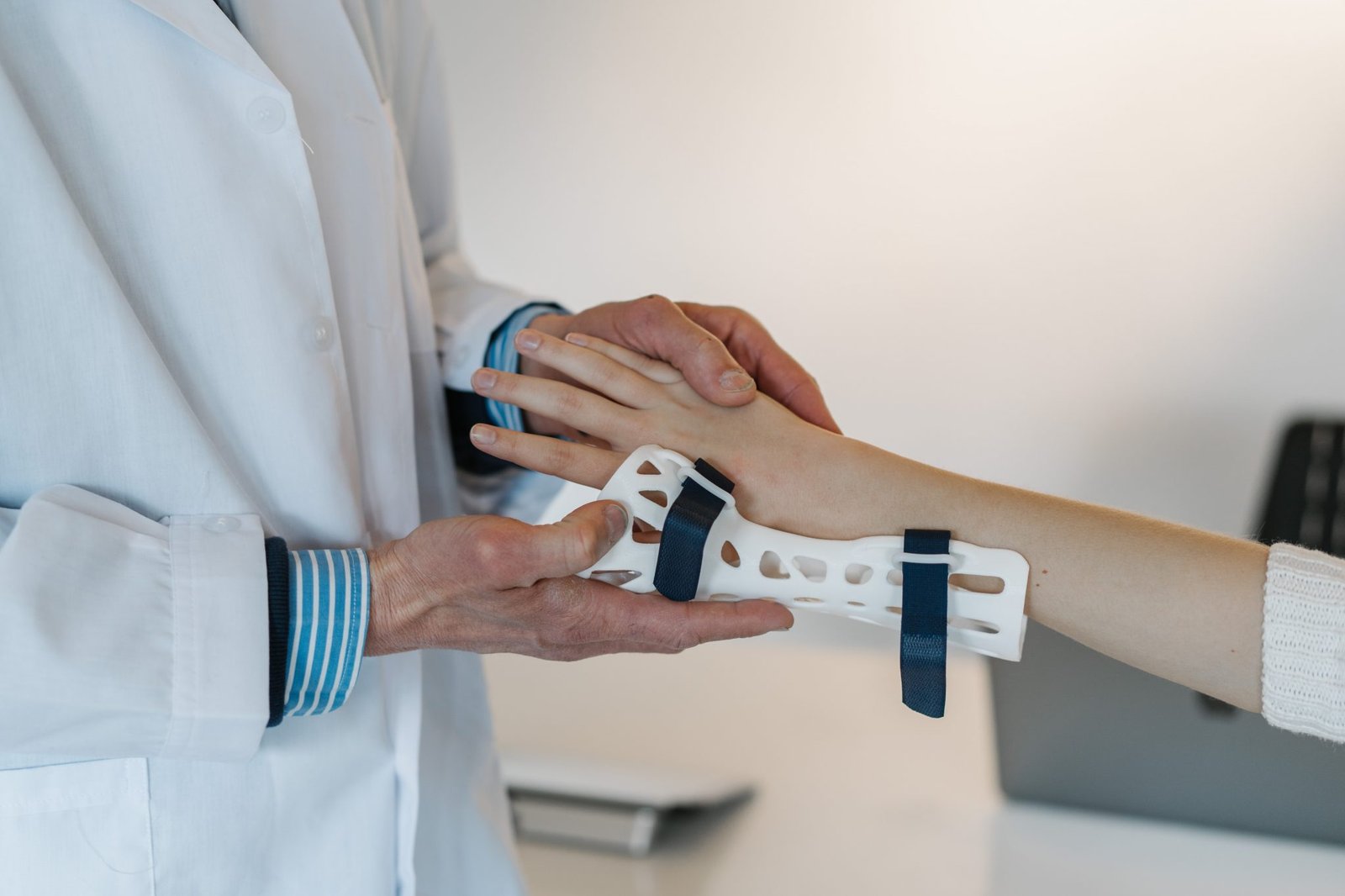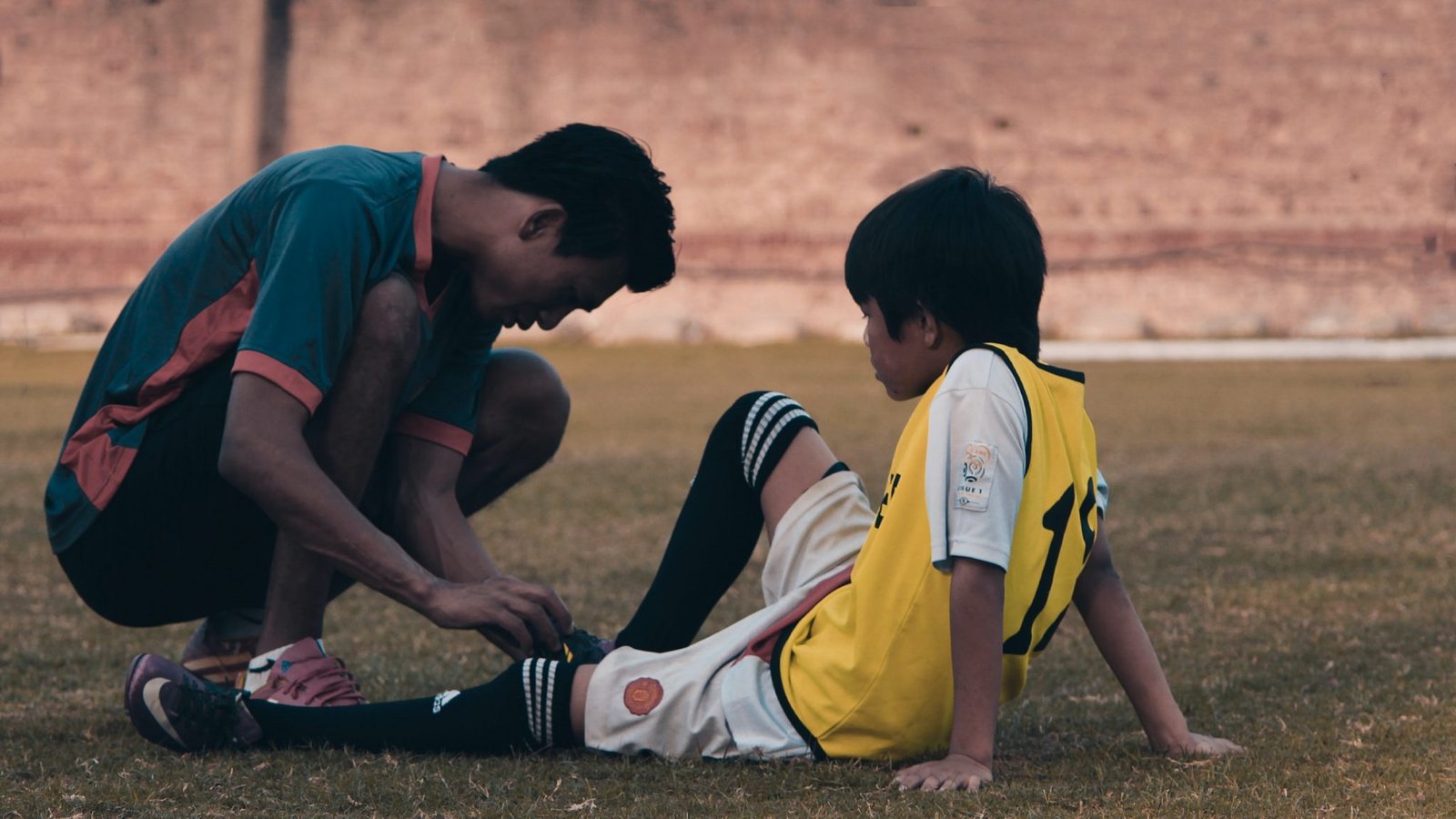A personal injury can be a very difficult experience, but unfortunately, it is one which many of us will go through at some point in our lives.
Whether caused by a car accident, an incident at work, or a fall in a shop or public place, a personal injury can leave you with a lot of pain and suffering, as well as significant costs in medical bills and potential lost earnings.
In order to offset these problems, you may be entitled to compensation to help you to move on. The amount of compensation that you may be eligible for is dependent on various factors, but one of the most significant is the severity of your injuries. Of course, no one knows better than you how debilitating and serious your injuries are, but it may still be disputed by other parties involved.
To help clear up the matter, this article is a guide to what qualifies as a serious injury in a personal injury case.
1. The Medical Diagnosis
The first thing that you need to do after receiving any personal injury is to get an immediate medical check-up. Whilst this may seem obvious, far too many people fail to do so as they either don’t have the time or don’t think that they need to get seen and both of these attitudes can be extremely detrimental.
In the first instance, many people often sustain injuries in accidents that they don’t even realize they have. Adrenaline and shock can both cover up an injury that only a medical professional would be able to notice. By not getting swift medical care, you are lowering your chances of making a full and fast recovery as early treatment always leads to better results.
The second reason you need to get a medical diagnosis is to obtain your medical reports to be used as evidence in a compensation case. In these reports, your doctor will be able to explain the exact medical severity of your injuries, the treatment required, and the effect which they will have on your life. This is one of the most important factors in the court judging whether or not your injuries qualify as serious. Of course, no doctor is 100% perfect, and it may be that they get your diagnosis wrong and you later find that there is, in-fact, something more severe wrong with you. In this case, you’ll want to find a different lawyer with experience in handling misdiagnosed medical condition cases to help you get any additional compensation you may be entitled to as a result of your misdiagnosis.
2. The Legal Precedent
Being involved in any legal case can be very difficult and a personal injury case is no different. The experts at one Chicago law firm explain that a personal injury attorney is necessary for preparing your case to prove to the court that your injuries are indeed serious. In Illinois, as in all the other states, there are different rules regarding the statute of limitations in the submission of accident case evidence and insurance claims, and so it is important that you have an experienced attorney who will be able to take care of this for you.
In addition to preparing your case, your attorneys will also be able to use their experience to advise you on what level of compensation to accept. They will know of the precedents of similar cases they have been involved in before and so will already have a good idea about what the court will deem to be serious or not serious.
3. The Circumstances of the Injuries
The injuries themselves will, of course, play a major factor in the court’s opinion on their severity and the level of restitution you should receive. As well as their medical costs, the long-term effects on your life and livelihood, and the pain and suffering involved, the court will also look at the circumstances of how the injuries were sustained. If you have been the victim of someone else’s misactions or gross negligence, the court is more likely to view your injuries as serious and treat you sympathetically as a result. Proving this is all about providing the best evidence and having the best legal representation to advise you and present your case.
It is very difficult to make an objective one size fits all judgment on what is and is not a serious injury. The level of severity can only be measured based upon the impact it has on your life. Whilst it may seem to other people that your injuries are not too severe, they may not see invisible consequences, like how much pain you are in or how your confidence or happiness has been affected.
On the other hand, some seemingly huge injuries can actually be overcome with relative ease. For these reasons it is very important to get professional help if you are involved in a personal injury case as they will be able to ascertain the state of your injuries and get you the appropriate medical and financial help you need.









